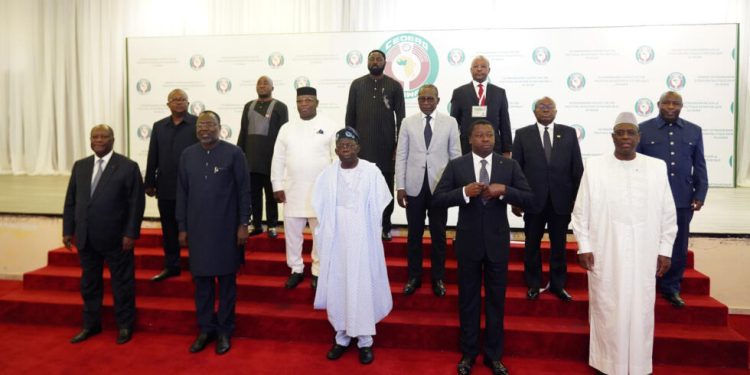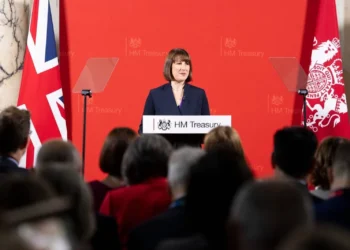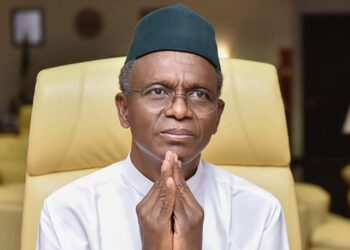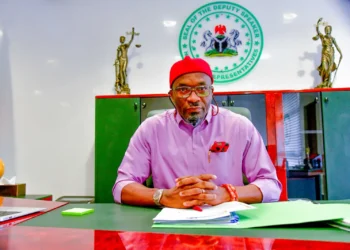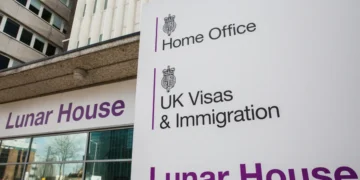West Africa – The Economic Community of West African States (ECOWAS) has made a resolute move to bolster security in the region by establishing a standby force for Niger. This decision comes in response to escalating security concerns and the imperative to counter instability in the region.
The capability of ECOWAS to effectively carry out military operations in Niger is now under scrutiny, prompting concerns both within and outside the region. As the global community have now set their attention to closely observe this development in the region, every word from President Tinubu and other West African leaders will be taken into account.
A Quick Look at the Background and Rationale: The creation of a standby force for Niger within the ECOWAS framework signals a collective commitment to stop further coups in the region. This by extension will also address the security challenges plaguing the region.
As military adventurers continue to widen their foothold, toppling democratically elected governments, extremist groups and insurgent activities have continued to escalate in the region. Civil wars are also not out contemplation.
Therefore, the urgency for proactive intervention has become paramount. ECOWAS aims to strengthen pressure on the coup plotters in Niger, while also deterring threats of military takeover from spilling over into neighboring countries.
What is the Capacity of ECOWAS for Effective Action: Critics and observers are keenly assessing ECOWAS’ ability to execute military operations effectively. Past endeavors, such as interventions in Mali and Burkina Faso, have underscored both strengths and weaknesses in the organization’s capabilities.
However, in these two other countries the regional body failed completely in responding to the situation. The option of military intervention was never employed by ECOWAS. This has called to question whether they actually have the capacity to carry out a military intervention.
As ECOWAS navigates complex political, logistical, and strategic considerations, the success of its efforts in Niger will be a litmus test for its readiness to handle regional security crises.
But let’s look at past military interventions: ECOWAS has demonstrated its commitment to regional stability through several past military interventions. One notable instance occurred in 1990 when ECOWAS intervened in the Liberian Civil War.
The organization deployed a peacekeeping force known as ECOMOG (ECOWAS Monitoring Group) to restore peace and security in Liberia. ECOMOG’s efforts helped to mitigate the conflict and facilitate the end of the civil war.
In 2012, ECOWAS took action in Mali as extremist groups gained control over parts of the country. The organization authorized the deployment of a military force known as AFISMA (African-led International Support Mission to Mali) to combat the insurgency and restore government control. AFISMA’s collaboration with French and international forces played a crucial role in stabilizing the situation.
In 2017, ECOWAS intervened in The Gambia to ensure a peaceful transfer of power. When the then-president, Yahya Jammeh, refused to step down after losing the elections, ECOWAS deployed a military force to apply pressure and encourage a peaceful transition. This intervention helped to avert a potential political crisis and uphold democratic norms.
Another instance was in 2019 when ECOWAS intervened in Burkina Faso. The organization mobilized a response to the increasing terrorist attacks and violence in the country. ECOWAS focused on coordinating efforts to counter the threats and restore security in Burkina Faso, demonstrating its commitment to addressing regional security challenges.
ECOWAS’ history of military interventions underscores its determination to ensure peace and stability in West Africa. These instances highlight the organization’s role as a regional actor capable of taking decisive action to address conflicts and crises that threaten the region’s well-being.
Timeliness and Significance of Military Intervention in Niger: The urgency of ECOWAS’ action cannot be overstated. Addressing security challenges in Niger is vital not only for the nation’s stability but also to prevent the spread of instability throughout West Africa.
Sustained military takeover of power in West Africa must be stopped, and this planned action by ECOWAS over Niger is not only timely but also essential. The destabilizing effects of military in power includes escalation in terrorism and insurgency. This is what has happened in Mali and Burkina Faso. The insecurity transcends borders, necessitating a swift and coordinated response. ECOWAS’ proactive approach is aimed at preventing the escalation of violence and curbing the influence of extremist groups.
In conclusion, as we weigh this regional instability in West Africa, ECOWAS’ decision to establish a standby force for Niger represents a pivotal moment for regional security efforts. The organization’s capacity to carry out effective military operations in Niger will shape perceptions of its readiness to handle security challenges in West Africa.
As global powers watch with keen interest, it must be understood that the collective commitment of ECOWAS, its members, and the global community underscores the importance of acting swiftly and decisively to safeguard the future of West Africa.


